I heard a friend say once that you can go to the self-help section of the bookstore and immediately find a parenting book that will justify everything you already believe and do. That’s probably true. And for every parenting book there is that advises one thing, there are probably five that say you should do the EXACT opposite (and that you will be ruining your child if you do that thing the other book recommends).
But, while a lot of parenting decisions seem to fall under the ‘trust your gut, love your kid’ or the ‘figure it out as you go’ philosophy, there have been moments when I needed an outside voice to give me some advice or another way to look at a frustrating situation (like when the baby was crying but I had just fed him and made sure his diaper was clean and I was dog-tired and I just didn’t know what to do… or when my 18 month old started answering “no” to everything with more and more gusto… or when my four year old refused to put his clothes on when I asked him to three times already…).
There are several books I have read and hated, so I’m sure many of you will hate some of these. I am by no means claiming that my kids are perfect or the way we are raising them is the best way or that these books will jive with every parent and every child. With all those disclaimers, here are my five favorite parenting books:
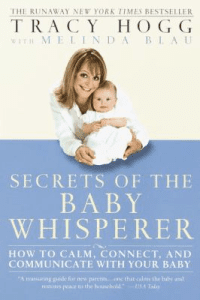
Secrets of The Baby Whisperer: How to Calm, Connect, and Communicate With Your Baby by Tracy Hogg
I really love Hogg’s respectful and gentle voice. When I realized that I had NO CLUE what I was doing at about week three of having my first baby in the house, her tone calmed me down, gave me confidence, and reminded me about the mother I wanted to be (not the freaked out, stressed out, fatigue-plagued woman I felt I was becoming). She describes five baby personality types, and one of my favorite tables is her guide to baby talk—including how to interpret what different cries and body language means.
Who should read: First time expecting parents, parents of newborns who feel a little lost, seasoned parents who are diving into babyhood again. I picked it up again recently when our little girl (baby #3) made her debut!
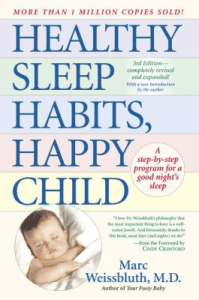
Healthy Sleep Habits, Happy Child by Dr. Marc Weissbluth M.D.
This one is maddening to read, to be frank. I found it terribly disorganized and self-contradicting in different sections. BUT the big takeaway message I got from Weissbluth’s book is that babies should only stay up for two hours at a time—this has definitely held true for my babies. I referred to this one the most once my babies passed the first 6-12 weeks. Not everybody likes the ‘cry it out’ method, but this book gives some compelling arguments for it if you’re at your wit’s end and need to sleep.
Who should read: Parents who are sleep deprived. I’ll be brushing up on this one soon as well. You can’t really implement any of the strategies until baby hits the six week mark.
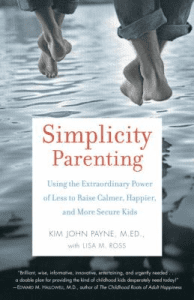
Simplicity Parenting by Kim John Payne
My favorite parenting book from a philosophical standpoint. Biggest takeaway for me is that kids don’t need stuff or me to provide things for them to do. They need to learn how to entertain themselves (Boredom inspires creativity!) Less of a ‘How To’ book and more of a ‘What Do You Want Your Family to Value’ kind of read.
Who should read: Expecting parents who have time to ponder, parents who feel like life seems a little too busy and kids seem a little testy. I need to reread this one because I feel like we’ve gotten into a pattern of staying up a little too late in the name of socializing with friends a little too often this summer!
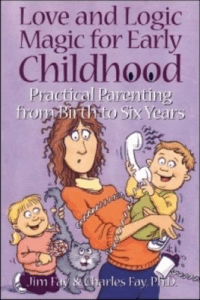
Love and Logic Magic for Early Childhood: Practical Parenting from Birth to Six Years by Jim Fay and Charles Fay
This book is one I keep turning back to as my kids reach different developmental stages. (In fact, I really need to dig it out again as my three year old has recently reached a new level of emotional distress. The other day he screamed/cried because his fingers didn’t fit in a winter glove, and I couldn’t MAKE HIS FINGERS GROW.) I really like the philosophy of natural, logical consequences. We successfully executed the “how are you going to fix this?” reaction when my four year old broke our french press this spring. He decided to do extra jobs around the house and hold a bake sale to replace it. It turned into a positive, solution-oriented family project that we could do together instead of a messy situation fueled by frustration. And, when he breaks something again (phone, laptop, window), he has already learned one solution to fixing the problem. (I know you caught that I wrote ‘when’ and not ‘if.’ Maybe the lesson he took from that whole escapade was to be more mindful of our things… but I doubt it!)
Every time I read this book I feel like I get another tool to use in my toolkit—so much so that last year I convinced my husband to take a Love and Logic class with a local coordinator so that we could be on the same page about our parenting strategy. The Uh-Oh song did wonders to help lessen my second son’s tantrums at 18 months, and I offer choices every chance I get.
Who should read: Anyone with a kid between 6 weeks and 6 years old.
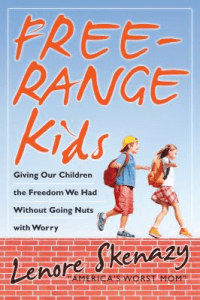
Free-Range Kids, How to Raise Safe, Self Reliant Children (Without Going Nuts with Worry) by Lenore Skenazy
Kind of ironic to include this book in this list since one of Skenazy’s first words of wisdom is to stop reading parenting books (which I kind of have since I read this one!). Her point is that our society is grooming us to worry about everything—especially our kids—and it’s doing no one any favors. I liked the stats she included about what we should actually worry about (hint: CARS). Here are a few to help you rest a little easier tonight.
Who should read: Everyone. So that everyone will chill out a just a little.
***









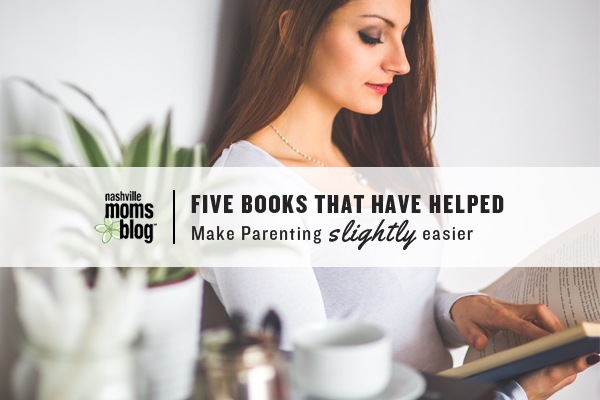

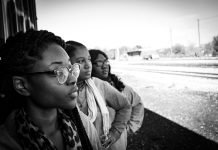
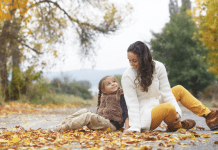


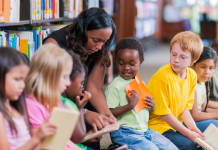

[…] our friends with kids, we go to birthing classes, and we drag home a stack of pregnancy and parenting books. In all of this, we are conquering our fear of the unknown by trying to learn everything there is […]